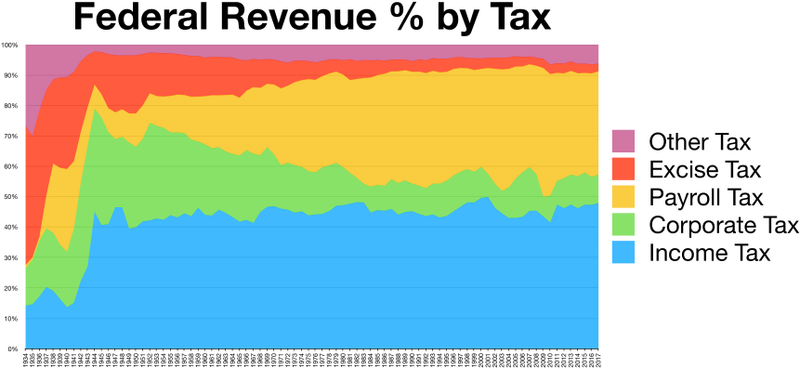A payroll tax is a percentage withheld from an employee's pay by an employer who pays it to the government on the employee's behalf. The tax is based on
wages, salaries, and tips paid to employees. Federal payroll taxes are deducted directly from the employee's earnings and paid to the Internal Revenue Service (IRS).
In the U.S., the term federal payroll taxes refers to the taxes deducted to fund Medicare and Social Security programs. These are labeled as MedFICA and FICA on pay stubs. Federal income tax, which also is withheld from employee paychecks, goes into the general fund of the U.S. Treasury.
Most states and
some cities and counties impose income taxes as well, and these amounts are paid directly to their coffers. In addition, employers, but not employees, also pay federal unemployment taxes for each of their employees.
Unlike the U.S. income tax, which is a
progressive tax, some elements of payroll taxes are levied only up to a certain yearly limit. For example,
any income that exceeds the Social Security wage base, set at $137,700 in 2020, is not subject to Social Security tax, making the U.S. payroll tax a regressive tax.





